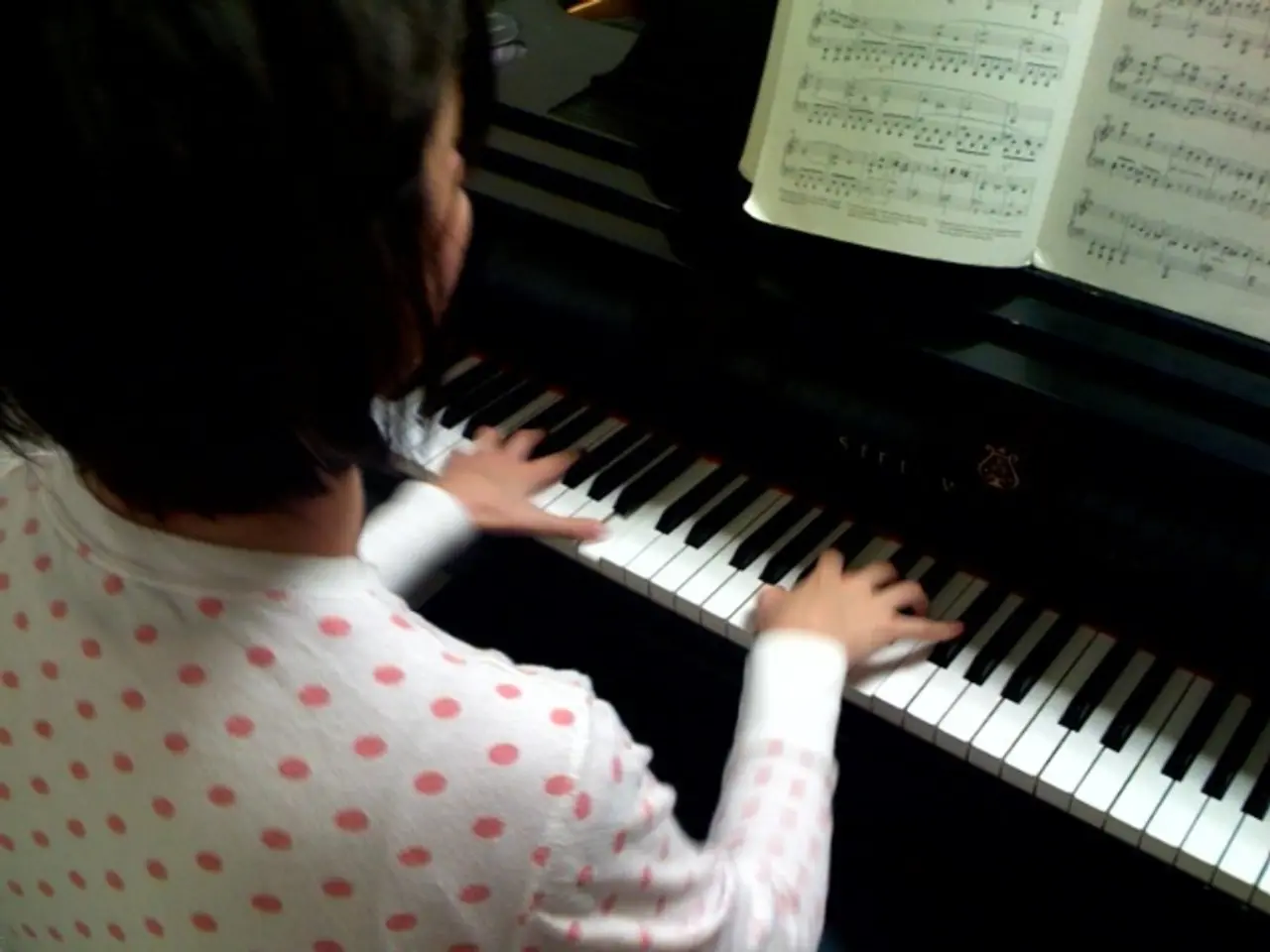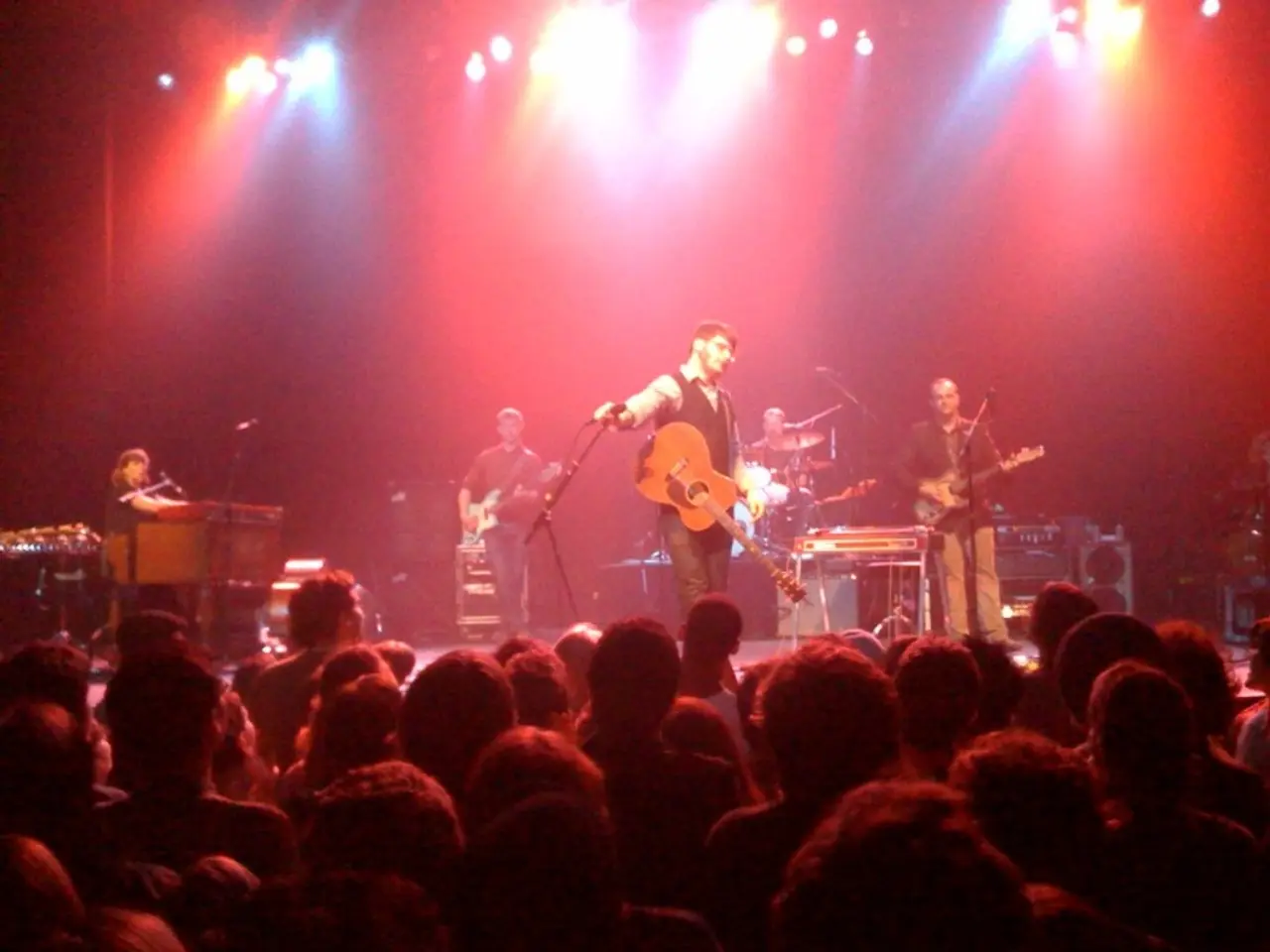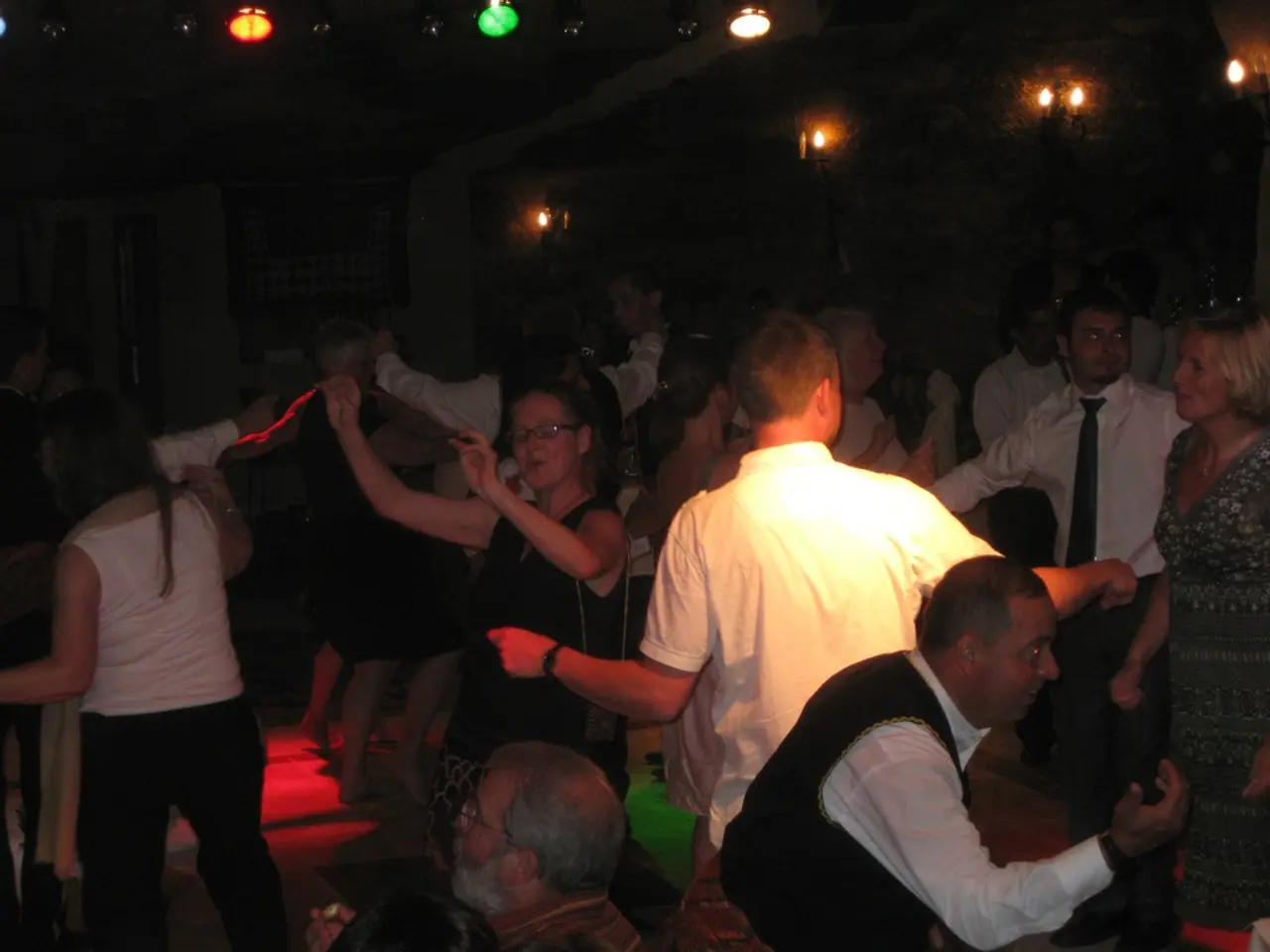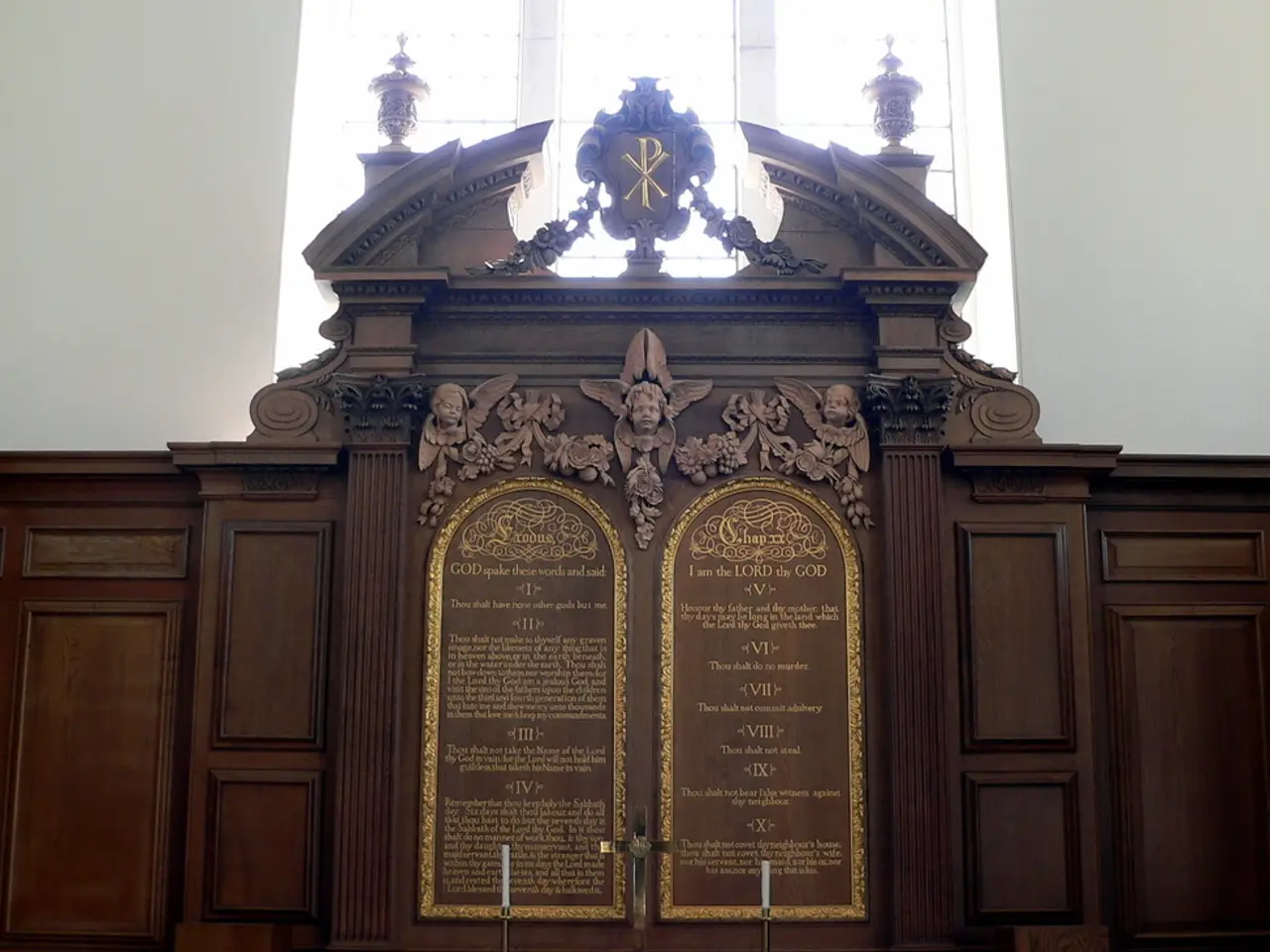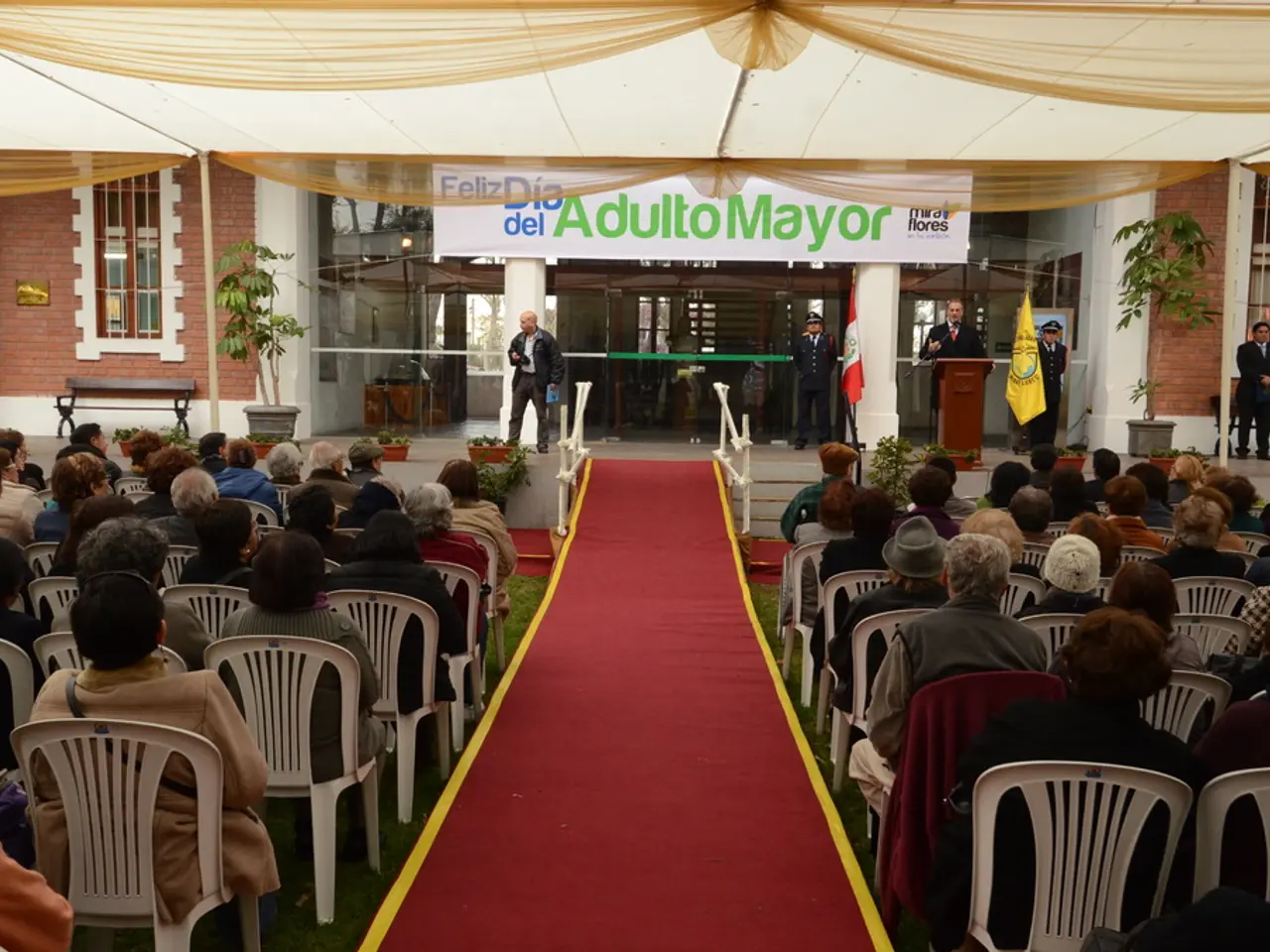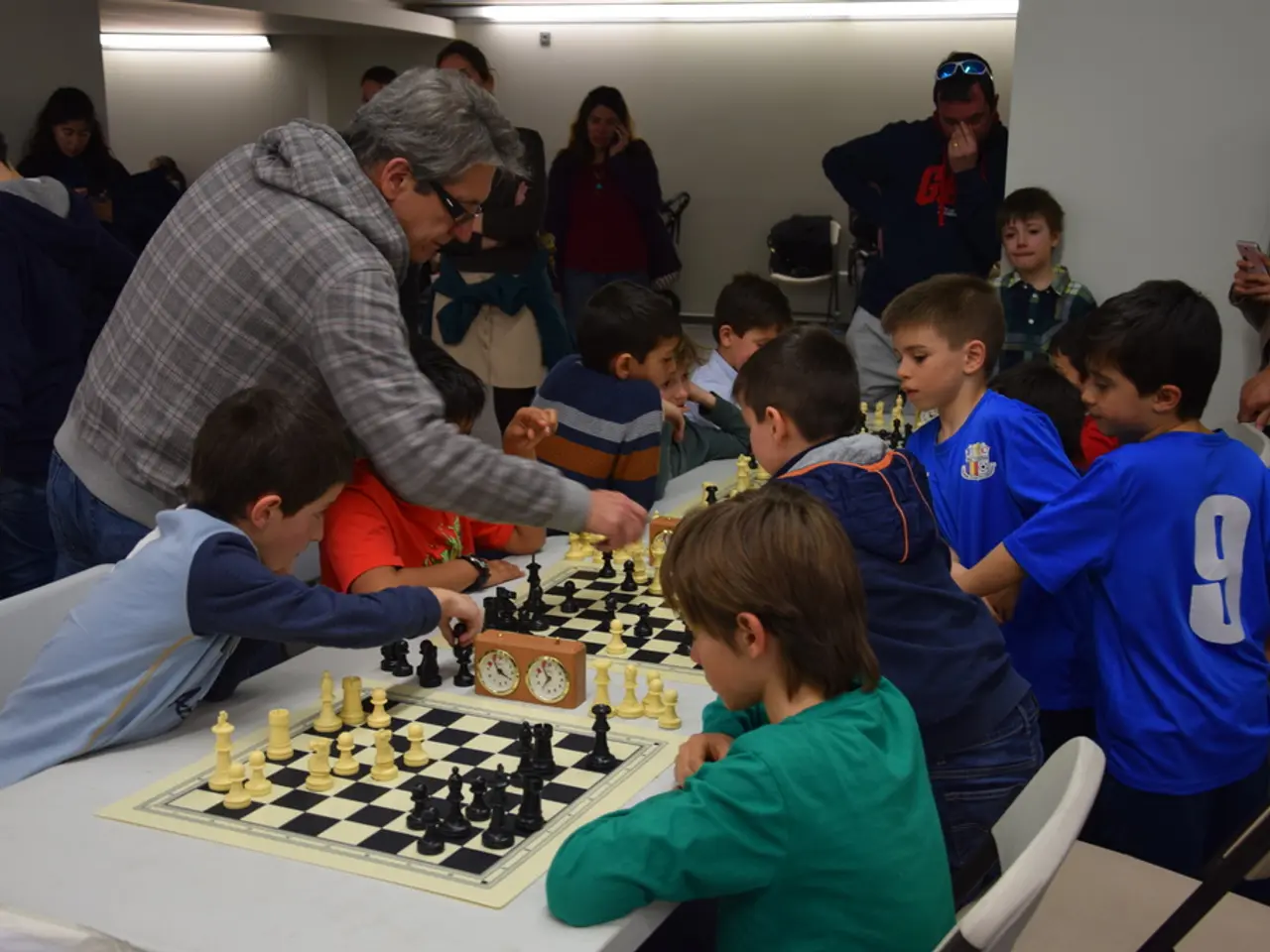Notable Pianists and Eminent Music Teachers in London's Past
**Key Contributions of London Piano Professors to Piano Pedagogy (19th–21st Centuries)**
London has been a hub for piano pedagogy, nurturing generations of talented pianists and shaping the Western piano teaching methodology. From the 19th century to the present day, London's piano professors have made significant strides in teaching phrasing, musical grammar, and syntactic interpretation.
One of the earliest contributors was Muzio Clementi (1752-1832), who played a pivotal role in London's musical landscape during the late 18th and early 19th centuries. His influence extended beyond performance and composition, reaching pedagogy and piano manufacturing. Clementi's firm, Clementi & Co., produced pianos that expanded the dynamic range and tonal capabilities of the pianoforte, enabling composers like Beethoven to explore new expressive possibilities.
In the 19th century, William Sterndale Bennett (1816-1875) was one of the most influential figures in London's musical education. As the first principal of the Royal Academy of Music, Bennett institutionalized a distinctly English approach to piano playing that prioritized melodic lyricism over virtuosic display.
Ignaz Moscheles (1794-1870) was another central figure in London's musical life from 1821 to 1846, as both a virtuoso pianist and an influential teacher at the Royal Academy of Music. Moscheles' compositions, particularly his Studies, Op. 70 (1827), emphasized cantabile phrasing through harmonic awareness and structural clarity.
Fast forward to the 20th century, and Tobias Matthay (1858-1945) revolutionized piano technique teaching through his biomechanical approach to playing. His student, Harold Craxton, taught at the Royal Academy of Music between 1919 and 1961 and mentored pianists such as Denis Matthews, Noel Mewton-Wood, and Nina Milkina.
In more recent times, Dmitri Alexeev, Chair of Advanced Piano at the Royal College of Music (RCM), combines technical precision with expressive depth in his teaching. Alexeev emphasizes harmonic rhythm analysis as a tool for uncovering musical structure, and his students include internationally successful pianists such as Alexander Romanovsky.
Joanna MacGregor CBE, Head of Keyboard at RAM, integrates classical repertoire with jazz improvisation, electronic composition, and cross-disciplinary collaborations in her teaching philosophy. Meanwhile, Juan Rezzuto founded WKMT (West Kensington Music Team) in 2010 with a mission to make high-quality piano education accessible across London.
Mitsuko Uchida, one of London's most celebrated pianists, teaches beyond formal institutions, offering mentorship programs for emerging artists worldwide. Uchida emphasizes "listening within" during lessons, believing that phrasing must arise from emotional connection rather than mechanical execution.
This tradition, spanning from the 19th-century masters at institutions like the Royal Academy of Music through to contemporary pedagogues, has deeply influenced Western piano teaching methodology. It combines rigorous technical training with a sophisticated understanding of musical structure and expressive intent.
While this article provides an overview of London's key contributions to piano pedagogy, further exploration of documented pedagogical literature or biographies of prominent London piano professors such as Edwin Fischer, Arthur Rubinstein, or modern figures, could offer more detailed insights into these topics.
A beginner might find it beneficial to study the cantabile phrasing emphasized in Ignaz Moscheles' Studies, Op. 70, a compositional work that served as a pedagogical resource for pianists. As a student progresses, advanced lessons with Dmitri Alexeev at the Royal College of Music might help them analyze harmonic rhythms to uncover musical structures, an approach that has produced internationally successful pianists. On the other hand, Mitsuko Uchida, a celebrated pianist who teaches beyond formal institutions, encourages her students to find phrasing from an emotional connection, rather than mechanical execution, offering a unique perspective on music entertainment.
